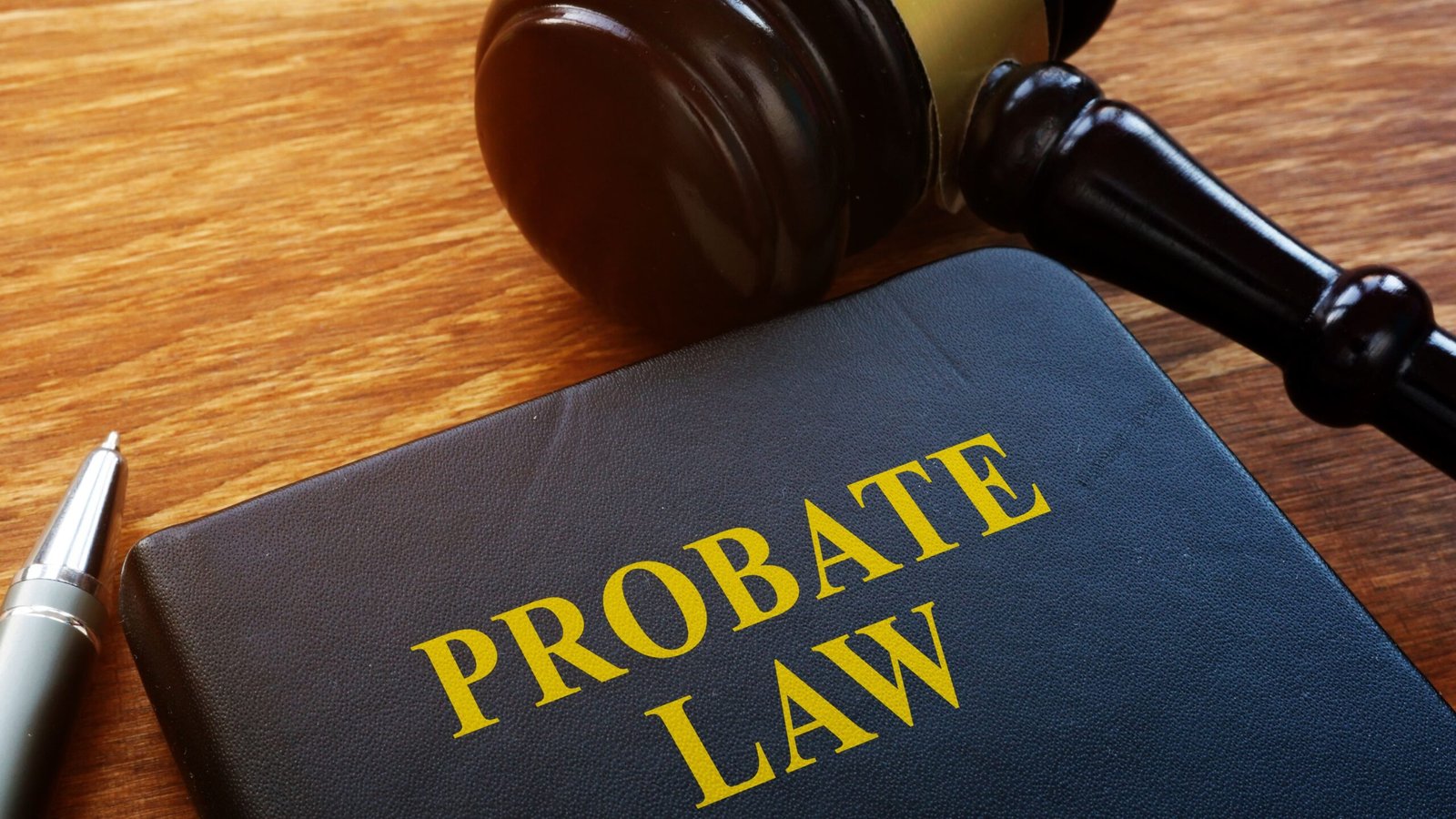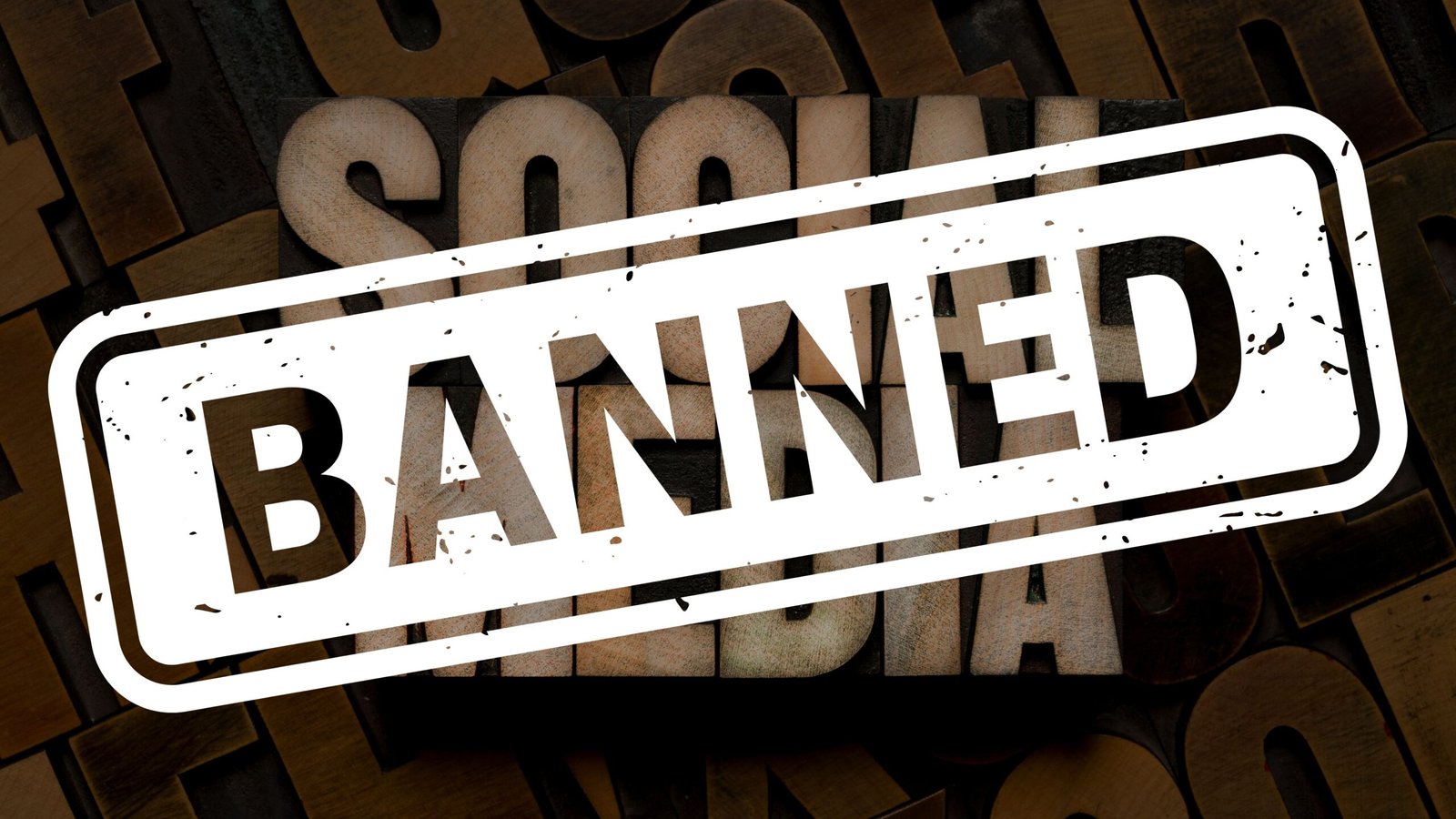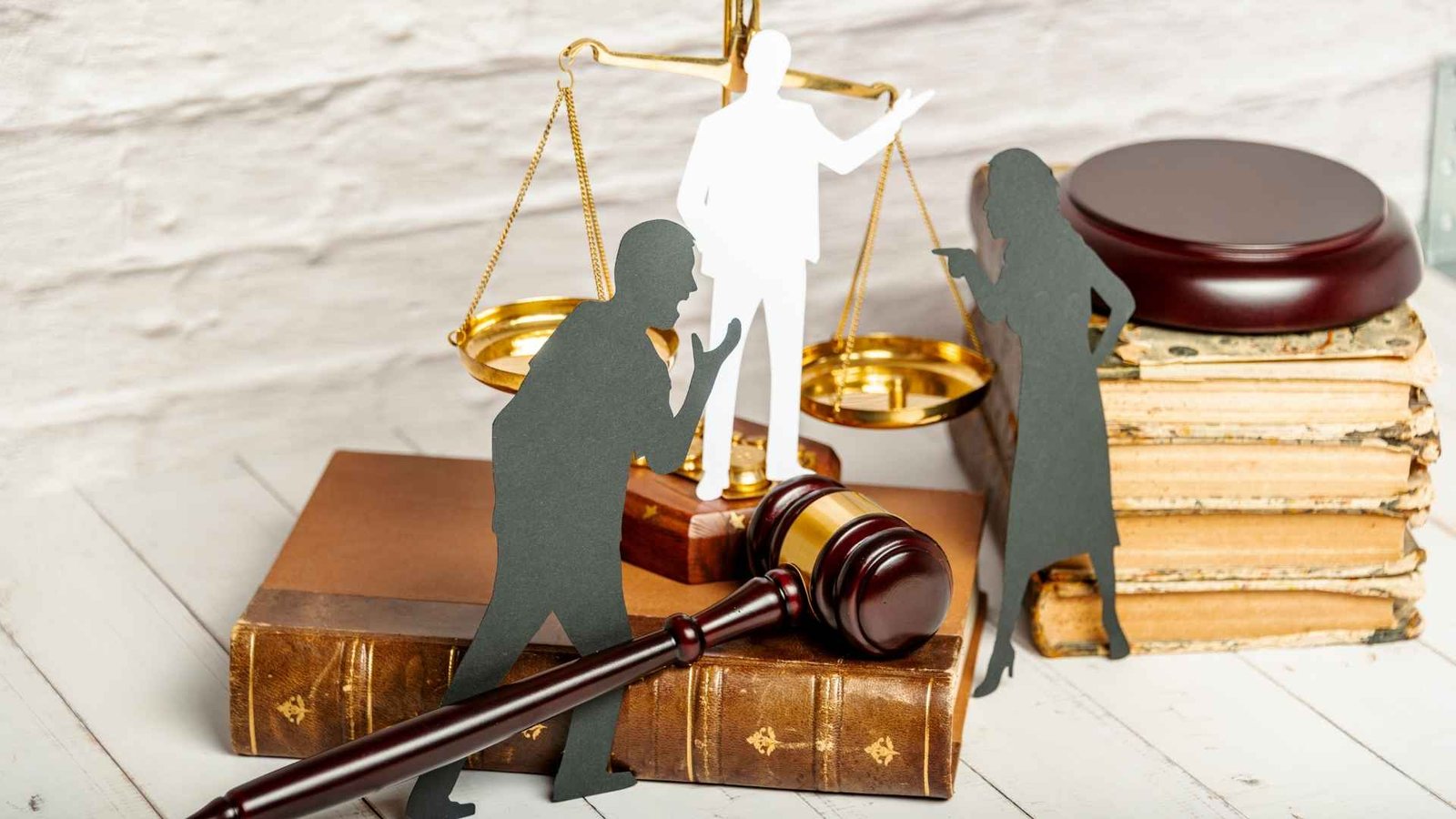On this page you will read detailed information about Probate.
Have you ever wondered what happens to a person’s assets after they pass away? Enter probate, the legal process that settles a deceased individual’s estate. As you navigate the complexities of estate planning or find yourself dealing with a loved one’s affairs, understanding probate becomes crucial. This comprehensive guide will walk you through the ins and outs of probate, from its definition to its implications for heirs and beneficiaries. Whether you’re preparing for the future or facing immediate estate matters, equipping yourself with knowledge about probate will help you make informed decisions and navigate this often challenging process with confidence.
Understanding the Probate Process
Probate is the legal process that takes place after someone passes away to distribute their estate. This court-supervised procedure ensures that the deceased’s assets are properly managed and distributed according to their will or state laws. Understanding what probate entails can help you navigate this complex process more effectively.
Key Steps in Probate
The probate process typically involves several crucial steps:
- Filing a petition with the probate court to appoint an executor
- Notifying creditors, beneficiaries, and heirs
- Inventorying and appraising the deceased’s assets
- Paying outstanding debts and taxes
- Distributing remaining assets to beneficiaries
- Closing the estate
Assets Subject to Probate
Not all assets go through probate. Probate assets typically include individually-owned assets, personal property, and tenancy-in-common property. However, assets with named beneficiaries, jointly-owned property, and assets in a living trust can often bypass the probate process.
Simplifying Probate
While probate can be time-consuming, there are ways to simplify or avoid it. Creating a living trust, jointly owning property, or naming beneficiaries for non-probate assets can help streamline the process. Additionally, having a well-drafted will can eliminate many steps required in probate proceedings, making the process easier for your loved ones.
When Is Probate Necessary?
Probate is a legal process that becomes necessary in several situations, particularly when it comes to managing and distributing a deceased person’s assets. Understanding when probate is required can help you navigate this complex process more effectively.
Presence or Absence of a Will
Contrary to popular belief, the need for probate is not solely determined by whether a will exists. Probate is generally required when the deceased person has a will or dies without one (intestate). In both cases, the probate process provides a legal framework for closing the estate and distributing assets.
Size and Complexity of the Estate
The value and nature of the deceased’s assets play a crucial role in determining if probate is necessary. Smaller estates may qualify for simplified procedures or even avoid probate entirely. However, larger or more complex estates often require formal probate to ensure proper asset distribution and debt settlement.
Type of Asset Ownership
Probate is typically required for assets solely owned by the deceased without designated beneficiaries or joint owners. However, certain types of assets may bypass probate, such as:
- Jointly held property
- Assets with named beneficiaries (e.g., life insurance policies)
- Property held in a living trust
Understanding these factors can help you determine whether probate is necessary for a particular estate and guide you through the process more effectively.
The Role of the Probate Court
Overseeing Estate Administration
The probate court plays a crucial role in the legal process of what is probate. This specialized court oversees the execution of wills, handling of estates, and ensures that a deceased person’s assets are distributed according to their wishes or state laws. When someone passes away, the probate court becomes the central authority in managing their estate.
Key Responsibilities
The probate court’s primary functions include:
- Validating the authenticity of a will
- Appointing an executor or administrator
- Supervising the estate’s administration
- Resolving disputes among beneficiaries
According to LegalZoom, the court also ensures that creditors are paid and remaining assets are properly distributed to beneficiaries. This oversight helps protect the interests of all parties involved in the estate.
The Probate Process
When initiating probate, an executor or close relative files a petition with the court. The court then reviews the will, appoints an executor, and oversees the following steps:
- Notifying interested parties
- Taking inventory of assets
- Paying debts and taxes
- Distributing remaining assets
As noted by Trust & Will, this process can be lengthy and complex, especially if there are disputes or no will exists. Understanding the role of the probate court is essential for anyone involved in estate planning or administration.
In the previous post, we had shared information about Understanding Miranda Rights: Your Rights When Arrested, so read that post also.
Key Steps in the Probate Procedure
The probate process involves several crucial steps to ensure the proper distribution of a deceased person’s assets. Understanding these steps can help executors and beneficiaries navigate the process more effectively.
Filing the Petition
The first step in probate is filing a petition with the probate court. This involves submitting the will (if one exists) and the death certificate. The court then appoints an executor or personal representative to manage the estate.
Notifying Interested Parties
Once appointed, the executor must notify all creditors, beneficiaries, and heirs about the probate case. This ensures that all interested parties are aware of the proceedings and can participate if necessary.
Inventory and Appraisal
The executor is responsible for inventorying and appraising all assets subject to probate. This includes bank accounts, real estate, personal property, and any other assets that don’t have designated beneficiaries.
Settling Debts and Taxes
Before distributing assets, the executor must pay off all the estate’s debts, including loans, mortgages, and final tax returns. If there isn’t enough cash, some assets may need to be sold to cover these obligations.
Asset Distribution
Once debts are settled, the remaining assets are distributed according to the will or state laws if there is no will. This may involve transferring ownership of property or other assets to the rightful heirs.
Closing the Estate
The final step is to close the estate by submitting all records and receipts to the court. Once approved, the executor is released from their duties, and the probate process is complete.
Navigating Probate in the US
Understanding the Probate Process
Probate is the legal process of administering a deceased person’s estate, ensuring debts are paid and assets are distributed according to their will or state laws. The key steps in probate typically include filing a petition, inventorying assets, settling debts and taxes, and distributing remaining assets to beneficiaries. While the process can be complex, understanding what is probate and its nuances can help you navigate it more effectively.
Common Challenges and Solutions
Navigating probate can present several challenges. Disputes among family members, high costs, and the risk of legal mistakes are common hurdles. To streamline the process, consider consolidating assets into an estate account, promptly paying valid claims, and maintaining accurate records. In some cases, hiring an experienced probate attorney can help you navigate these complexities and ensure compliance with state-specific requirements.
Alternatives to Formal Probate
In certain situations, you may be able to avoid formal probate. For instance, North Dakota offers a small estate alternative if the estate’s value is less than $50,000. This “collection of personal property by affidavit” process can be simpler and more cost-effective. Additionally, tools like trusts, lifetime gifting, and beneficiary designations can help bypass the probate process altogether, potentially saving time and money for your beneficiaries.
Conclusion
As you navigate the complexities of probate, remember that this process, while often challenging, serves an important purpose in settling estates and honoring the wishes of the deceased. By understanding the steps involved, potential pitfalls, and available alternatives, you can approach probate with greater confidence and clarity. Whether you’re an executor, beneficiary, or simply planning for the future, knowledge of probate empowers you to make informed decisions. Consider consulting with legal professionals to guide you through this intricate process, ensuring that you fulfill your responsibilities effectively and efficiently. Ultimately, a well-managed probate can bring closure and peace of mind during a difficult time.
Disclaimer
The information and services on this website are not intended to and shall not be used as legal advice. You should consult a Legal Professional for any legal or solicited advice. While we have good faith and our own independent research to every information listed on the website and do our best to ensure that the data provided is accurate. However, we do not guarantee the information provided is accurate and make no representation or warranty of any kind, express or implied, regarding the accuracy, adequacy, validity, reliability, availability, or completeness of any information on the Site. UNDER NO CIRCUMSTANCES SHALL WE HAVE ANY LIABILITY TO YOU FOR ANY LOSS OR DAMAGE OF ANY KIND INCURRED AS A RESULT OR RELIANCE ON ANY INFORMATION PROVIDED ON THE SITE. YOUR USE OF THE SITE AND YOUR RELIANCE ON ANY INFORMATION ON THE SITE IS SOLELY AT YOUR OWN RISK. Comments on this website are the sole responsibility of their writers so the accuracy, completeness, veracity, honesty, factuality and politeness of comments are not guaranteed.
So friends, today we talked about Probate, hope you liked our post.
If you liked the information about Probate, then definitely share this article with your friends.








